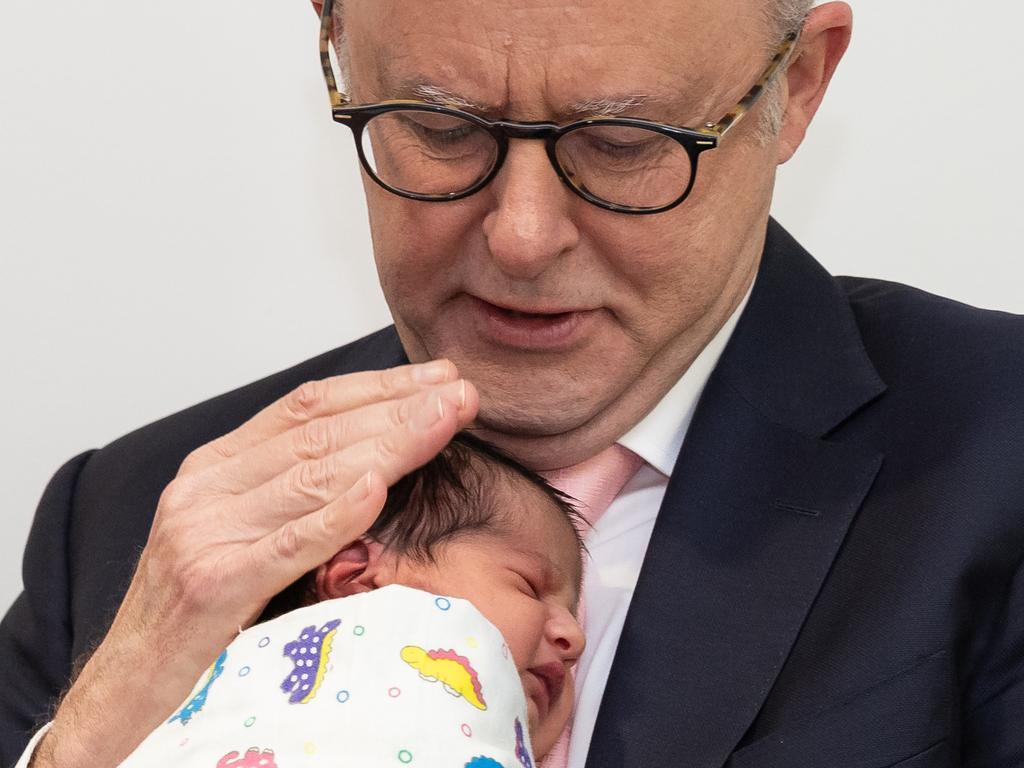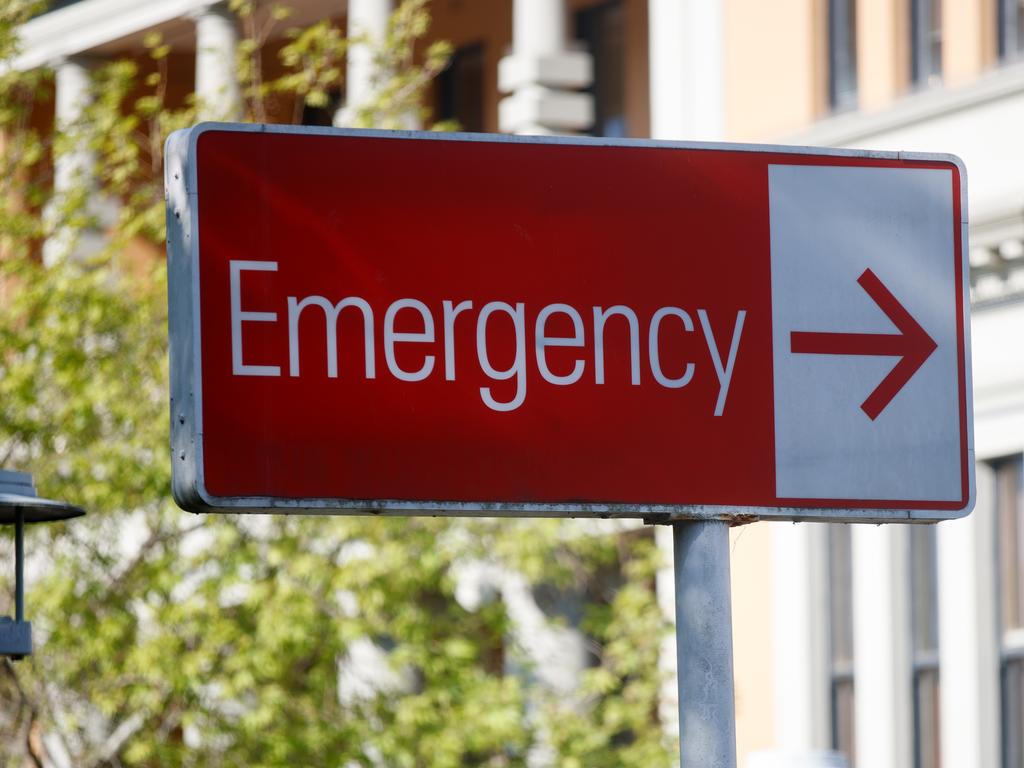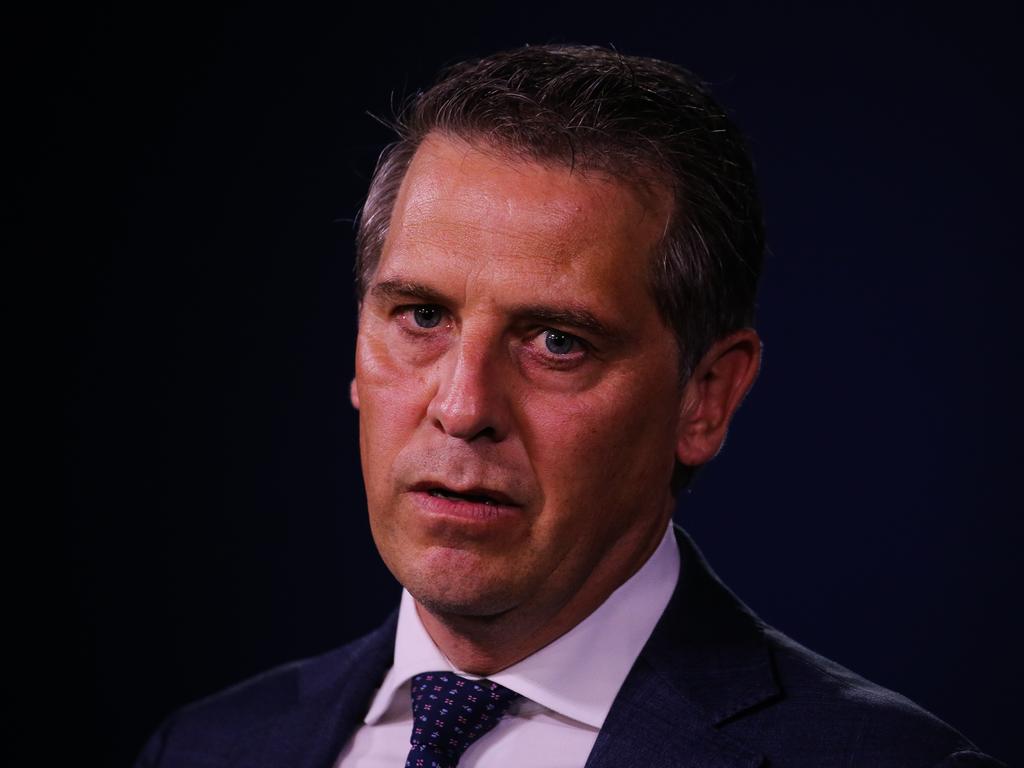Australia Can't Escape This Global Outbreak
Victoria and New South Wales look likely to exceed the number of measles cases from last year, with Western Australia having already exceeded its entire 2024 tally within just three months.
The virus is spreading unchecked across all global regions, with particular severity in South and Southeast Asia.
The leading health official in New South Wales has cautioned that giving only one vaccine dose to children during the 1960s, '70s, '80s, and '90s has created a shortfall in overall immunization rates among the population.
Through just the first few months of this year, Australia is on track for its worst year of measles since 2019. So far this year, 46 cases have been reported. Last year, 57 cases were reported in total.

To begin 2025, New South Wales has reported 19 cases — an increase of one from the entirety of 2024 — whereas Victoria has seen 13 cases following 17 infections in 2024. As for Western Australia, they have documented 12 cases so far this year, matching last year’s final count.
The cases are fairly equally distributed among infants, young children, and individuals up to 49 years old. Measles typically begins with symptoms similar to those of the flu before manifesting as a non-itchy, reddish, patchy rash. It may also lead to complications such as pneumonia, ear infections, or encephalitis.
Individuals without vaccinations, those with compromised immunity, kids younger than five years old, people above 20 years of age, and expectant mothers are considered high-risk categories.
Frank Beard, an expert in vaccines and public health, stated that the current measles cases in Australia can be attributed to the COVID-19 pandemic, particularly due to reduced vaccination rates in less developed nations.
Since the start of the pandemic, the vaccination rate for fully inoculated Australian children has decreased marginally by approximately one to two percent, now standing at around 93%.
Specifically for measles, the vaccination rate among two-year-olds dropped from 94% in 2020 to 92.5% in 2023. Nonetheless, the decline in the proportion of five-year-olds receiving their measles vaccinations was significantly smaller, indicating that parents and caregivers have been making efforts to get these shots administered as they recover from the disruptions caused by the pandemic.

Dr. Beard serves as a leader at the National Centre for Immunisation, Research and Surveillance.
He stated that the decreases in Australian vaccination rates post-pandemic were attributed to a reduction in bulk-billed general practitioners and the challenge of securing appointments during financial constraints, not due to reluctance towards vaccines.
"(Vaccination) rates have been moving in the wrong direction since the start of the pandemic, largely due to lockdown measures... We believe they continue to decline partly because of accessibility problems and also somewhat due to heightened concerns about vaccinations," Professor Beard stated.
Surveys conducted by the national immunization center reveal that individuals are struggling to allocate time for vaccinations due to financial constraints from cost-of-living challenges.
"It’s difficult to secure appointments with GPs and locate one who offers bulk billing," Professor Beard stated.
The evidence indicates that the problem mostly revolves around vaccine accessibility rather than people having concerns about getting vaccinated.
We've achieved quite strong vaccination rates compared to global benchmarks, yet these numbers have dipped slightly since the onset of the pandemic… These figures were consistently rising for nearly ten years prior to the outbreak.
Poorer nations experienced more severe impacts from the pandemic compared to Australia, and all of the measles cases reported in our country this year were acquired abroad.
"Although the vaccination rates haven't dropped significantly in Australia, the likelihood of individuals importing the virus into the nation has risen considerably," stated Professor Beard.
This week, when addressing journalists, the New South Wales Health Minister stated that the administration is hurriedly working towards vaccinating individuals prior to the Easter break.
"We're aiming to launch an awareness campaign and an educational initiative for the community as swiftly as possible before the Easter recess," stated Ryan Park on Wednesday.

What I'm requesting of individuals is, especially those planning to travel abroad, specifically to regions such as Southeast Asia — where instances have been reported — to visit their general practitioner, consult with their pharmacist, and obtain that vaccination. The vaccine is provided at no cost.
Currently, India, Thailand, Indonesia, and Vietnam rank among the top 10 countries globally for measles cases. In terms of severity per capita, Yemen is facing the most significant outbreak. Additionally, nearby nations with strong ties to Australia—Pakistan and Afghanistan—are also notable hotspots for the disease.
Eight Australians who were traveling in Vietnam recently returned home with infections, according to confirmation from NSW health officials.
"We may not have a large number of cases, but we are observing some instances being brought into the country as individuals return from abroad," stated Mr Park.
Ensure your measles vaccines are current.
The vaccine is provided at no cost by pharmacists for individuals aged five and above, or by general practitioners for people of all ages.
Europe has its highest case numbers in more than 25 years. Cases in the US have also surpassed 2024 levels, with about 500 total cases concentrated in states across the country, including California, Ohio, Vermont, Florida and Texas.
The World Health Organisation director for Europe has warned every country to boost its vaccination rates.
"Measles has returned, serving as a wake-up call. Without substantial vaccination rates, we cannot ensure health security," stated Hans Kluge.
As we develop our fresh regional healthcare plan for Europe and Central Asia, we can’t afford to fall behind. Each nation needs to increase its efforts to target communities that aren't fully vaccinated.
The measles virus is always active – and so must we be.
The most significant measles outbreak in recent Australian history occurred between 1993 and 1994. Primarily affecting New South Wales and Queensland, this epidemic saw at least 9400 individuals falling ill.
In 2014, Australia successfully eliminated all domestic transmission of the virus.

Posting Komentar untuk "Australia Can't Escape This Global Outbreak"
Please Leave a wise comment, Thank you